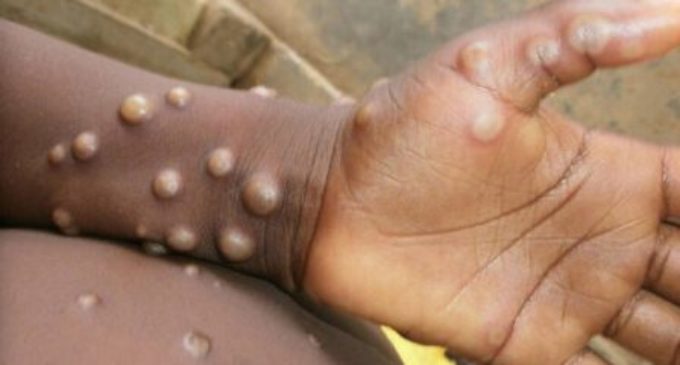Study finds current monkmonkeypox symptoms different from those in earlier outbreaks

NEW DELHI, JULY 29 : A study published in the British Medical Journal (BMJ) said that symptoms of the monkeypox virus that is observed in the current outbreak have significant differences from those reported during previous outbreaks in African regions.
The study did a retrospective observational analysis of 197 people – all men – who tested positive for the disease in London. 196 of the 197 participants identified themselves as gay, bisexual or other men who have sex with men.
According to the study, rectal pain and penile swelling (edema) are commonly seen in the current outbreak as compared to the previous outbreaks in the Democratic Republic of Congo in 2007-11 and Nigeria in 2017-18.
Researchers have recommended that clinicians test patients presenting with these symptoms for the monkeypox virus. Further, patients who tested positive for monkeypox and are exhibiting symptoms of extensive penile lesions or severe rectal pain “should be considered for ongoing review or inpatient management”.
The study revealed that there is a possibility that transmission of the virus could happen from individuals who are either asymptomatic or had few symptoms as only a fraction of the participants (26.5%) had known contact with someone with a confirmed monkeypox infection.
Suspected case of monkeypox in Delhi turns out to be negative
The monkeypox virus was first identified in humans in 1970 in the Congo. However, for nearly 50 years after that, very few cases were reported from outside the African regions.
The current outbreak in non-endemic regions, including the US, UK, Europe and India among others, took everyone by surprise.
The World Health Organisation (WHO) on July 23 declared the current outbreak a public health emergency. BMJ researchers said a continued growth of this outbreak would mean that it can spread to vulnerable populations, including immuno-compromised individuals and children.
“Nosocomial transmission (transmission of infections while receiving healthcare) is an infrequent but avoidable consequence of unrecognised monkeypox infection in patients admitted to hospital. Disseminating awareness of atypical presentations is of vital clinical importance as failure to recognise monkeypox infection could pose a major risk to healthcare professionals and other contacts,” the researchers said.
The incubation period of monkeypox is currently understood to be about 12 days ( it ranges from 5-24 days).
Classic symptoms of monkeypox infection include fever, malaise, sweats, swollen lymph nodes, and headache, followed by skin eruption 2 to 4 days later.
WHO director general Tedros Adhanom Ghebreyesus on Wednesday said the current outbreak can be stopped if countries, communities and individuals inform themselves and take the risks seriously.
-The India Today






